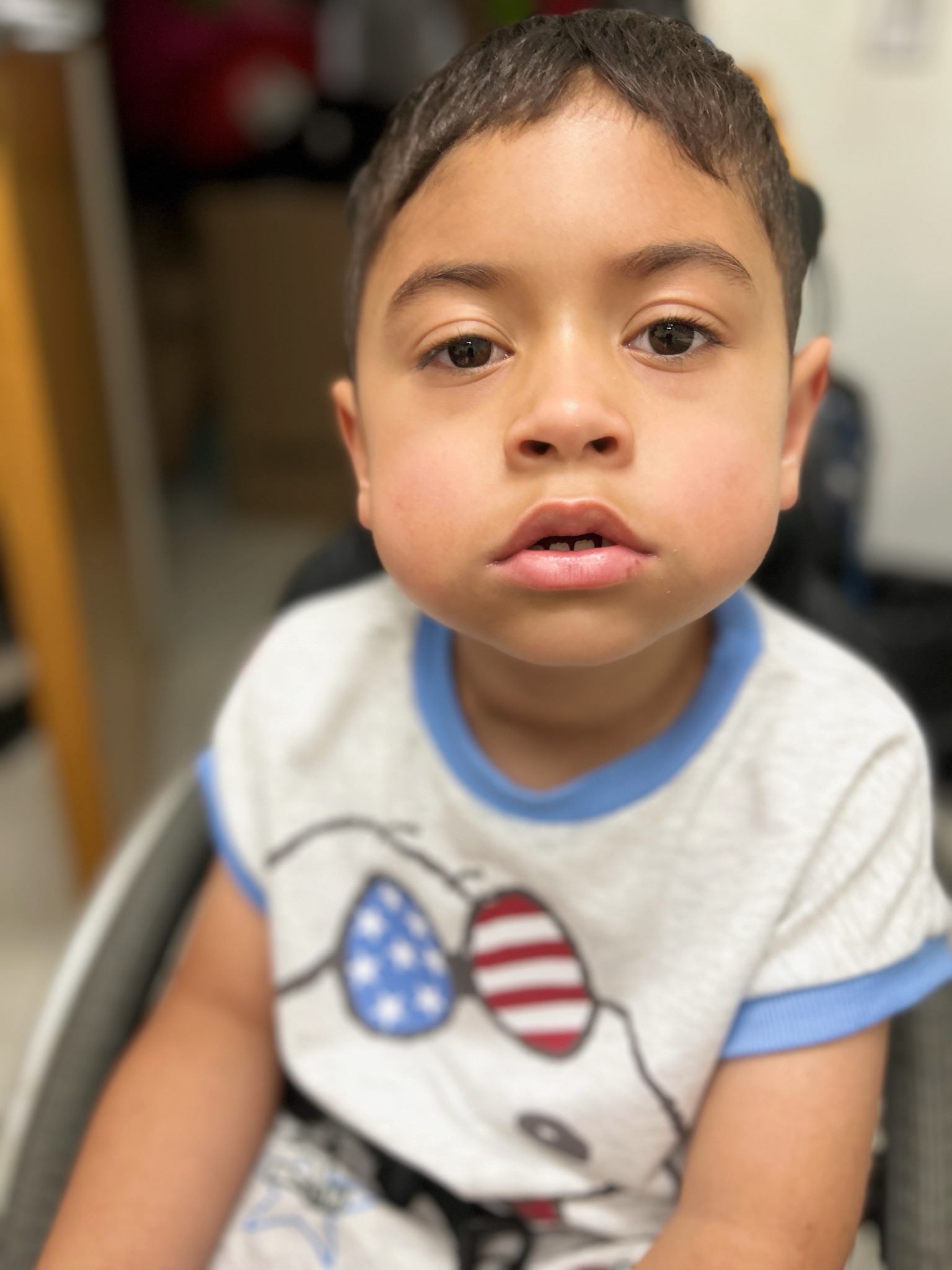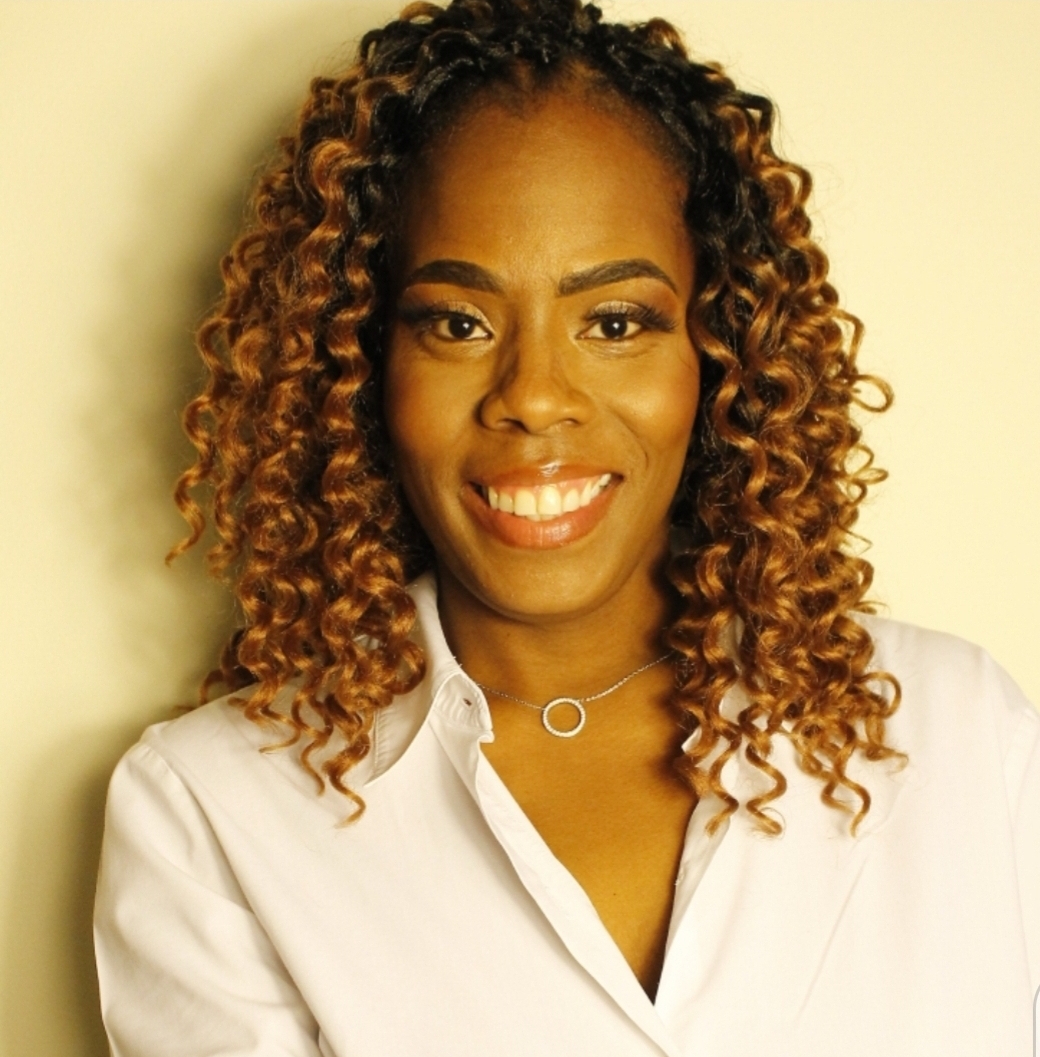28 Februaryis Rare Disease Day
Raising awareness and generating change for the 300 million people worldwide living with a rare disease, their families and carers.
Share your colours Download materials300M
people with rare diseases
600+
events worldwide
106
countries involved
Read our stories
Listen to our stories
Thousands of events
in over 100countries
Every year, thousands of events are
organised across the world.
IN THE NEWS
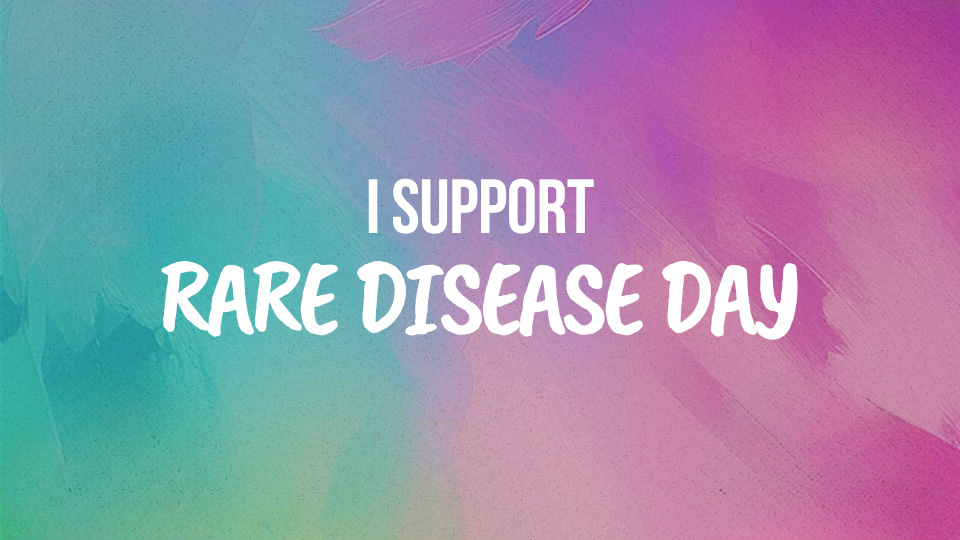
A Global Call to Action for the 300 Million People Living with a Rare Disease 28 February 2025 – The 18th edition of Rare Disease… Continue reading Press Release: Rare Disease Day 2025
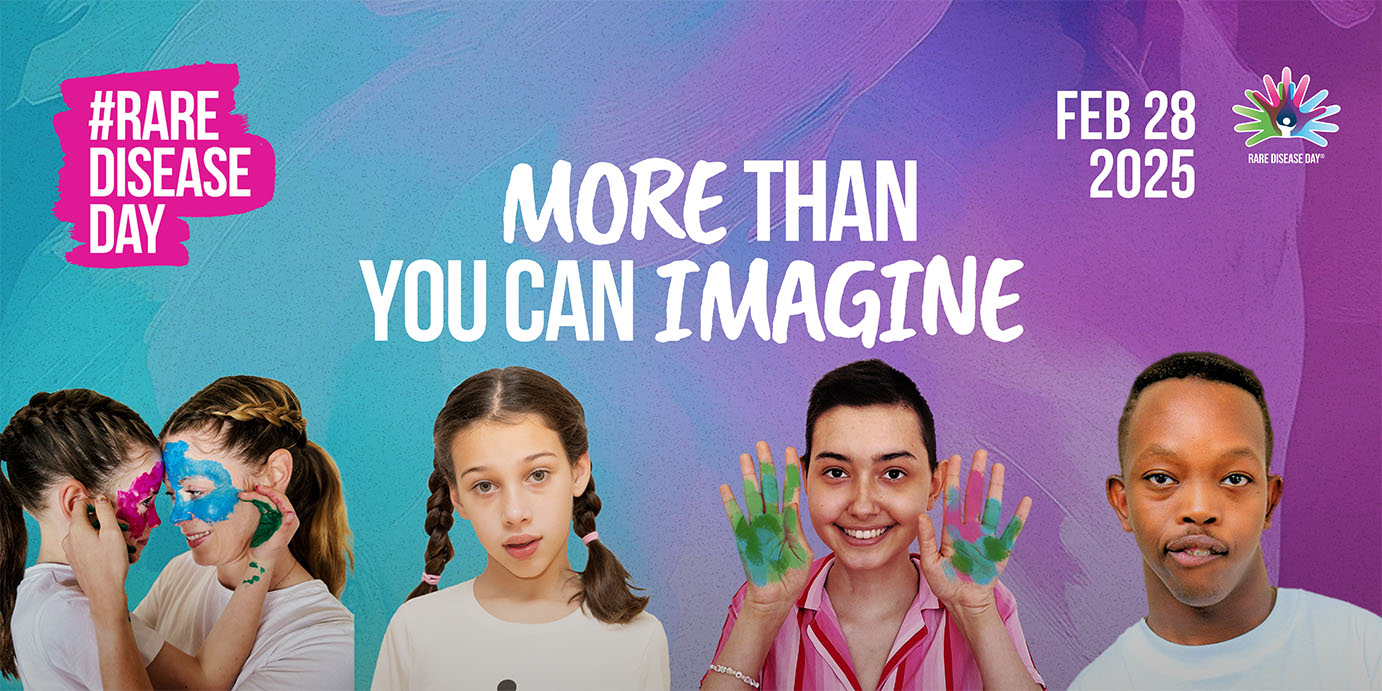
Rare Disease Day 2025 carries a simple but powerful message: More Than You Can Imagine. It’s a reminder that rare diseases touch more lives, involve… Continue reading More Than You Can Imagine – 101
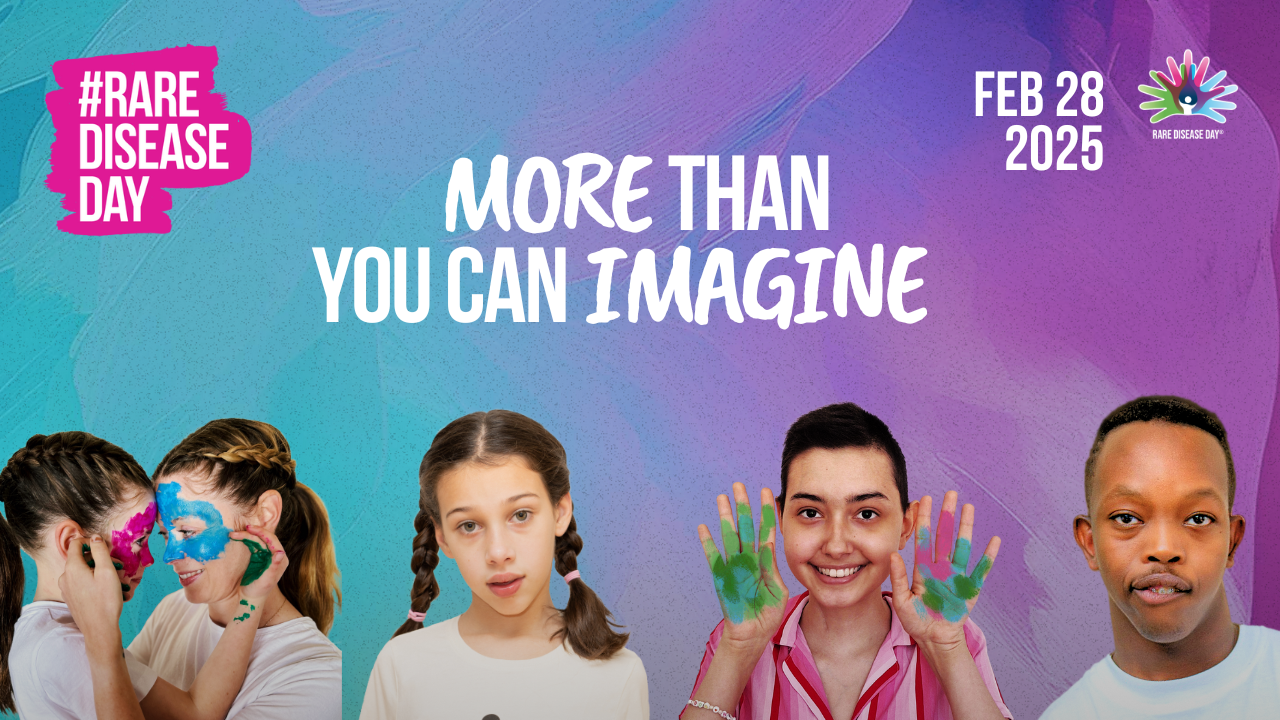
Today, 20 November 2024, marks the official launch of the Rare Disease Day 2025 global campaign, beginning the 100-day countdown to 28 February 2025. This… Continue reading Launch of the Rare Disease Day 2025 Campaign


